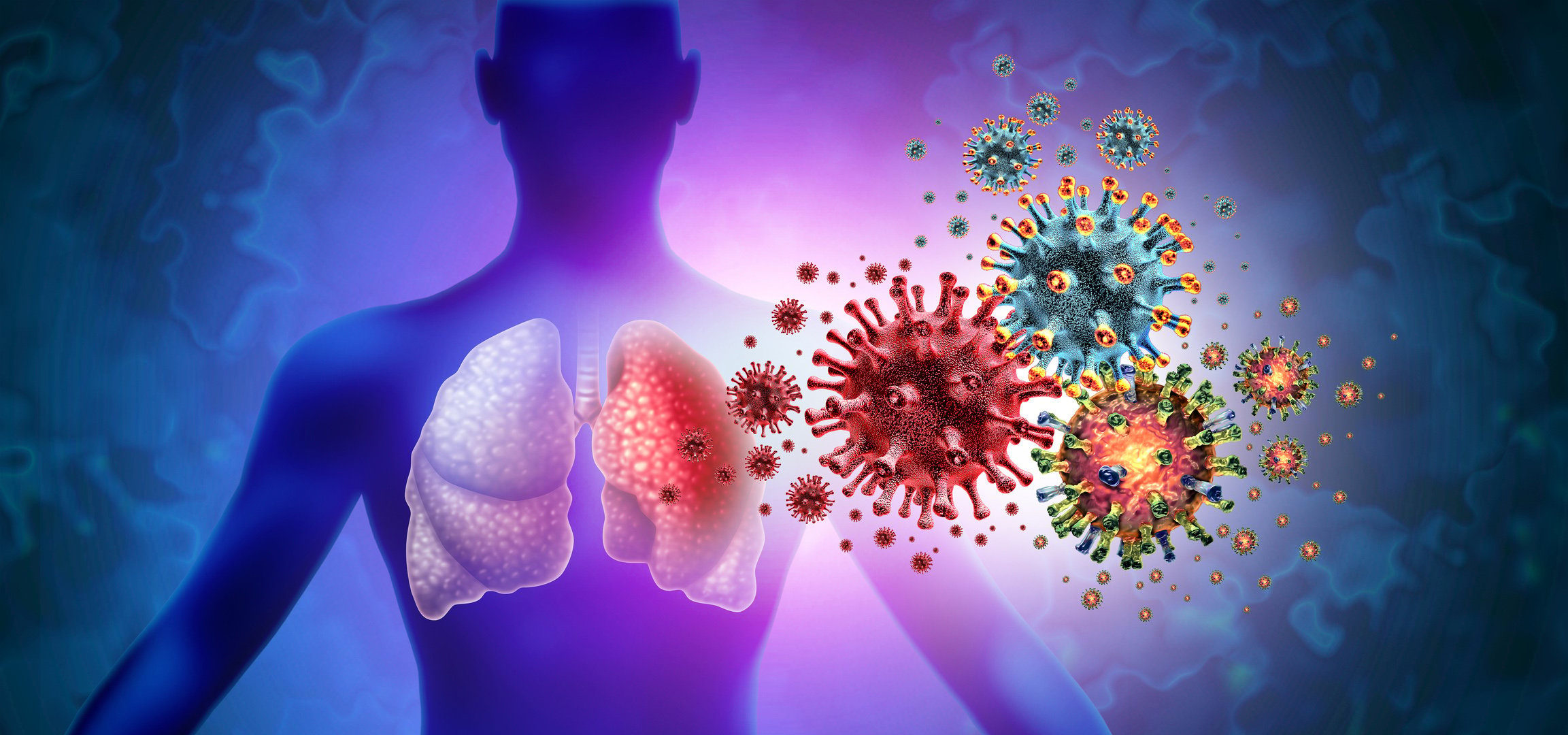Although in relative terms dementia is slightly decreasing in the population, in absolute terms we are encountering more and more people with dementia due to the increase in life expectancy with associated risk of brain disorders. Pharmacologically, there have been few therapeutic options to date; for example, antidementia drugs such as donepezil, memantine, and others have hardly lived up to their promise. Read the report by Prof. Peter E. Ballmer, MD, on the topic.
Early treatment of Subjective Cognitive Decline (SCD) and Mild Cognitive Impairment (MCI), the precursors of dementia (see figure), therefore urges itself with other interventions against neuro-cognitive disorders, especially also to delay conversion to dementia.1-3
The use of standardized Ginkgo biloba extract (GBE) has shown encouraging results in this regard. The flavonoids contained therein have a strong antioxidant effect and thus can relevantly delay the development of SCD, MCI and conversion to dementia.5 In addition to direct antioxidant effects, GBE lowers risk factors for vascular disorders, normalizes blood viscosity, protects our cellular power plants, the mitochondria, promotes the formation of neurotransmitters, supports synaptic plasticity and thereby strengthens the neuronal network even in old age(see Infobox 1).6,7
|
Infobox 1 Mechanism of action of Ginkgo biloba extract6,7
|

|
Infobox 2 Effect of ginkgo biloba extract on SCD10
|
The review by Dr. Ralf Ihl should also be mentioned here as an example.8 Both 2 × 120 mg of GBE per day and 1 × 240 mg resulted in improvement in cognitive weakness and neuropsychiatric behavior associated with progress in activities of daily living (ADL) and reduction in caregiver burden compared with placebo. Important in this context is the use of the standardized extract of GBE (LI1370, EGb 761).9
In addition to dose, age at initiation of therapy and duration of treatment with GBE are of great importance. In 2020, Prof. Reto W. Kressig, MD, of the University Geriatric Medicine FELIX PLATTER in Basel, Switzerland, published a comprehensive review on the effects of GBE on SCD in middle-aged individuals.10 The authors came to the following conclusions(see Infobox 2).
Also, Grass-Kapanke et al, 2011 investigated the effect of GBE on SCD in a randomized, double-blind, placebo-controlled multicenter trial.2 They treated 296 patients with SCD aged 45 to 65 years with 240 mg of GBE daily for 12 weeks. SCD was perceived by patients during at least 3 months at study entry. They found a significant improvement in the ability to concentrate and endurance for arithmetic tasks compared to the placebo group. This finding confirms the findings of Dr. Gruenwald, Prof. Eckert, and Prof. Kressig in their 2020 review that treatment with GBE should be started early and that the effect is particularly favorable in middle-aged individuals.10 What is surprising about this study is the relatively short treatment interval of 12 weeks in contrast to the recommended duration of therapy of at least 6 months.10
In addition to the treatment and thus improvement of SCD, the focus on the conversion rate from SCD/MCI to dementia will now be discussed. For this purpose, the long-term study by Vellas et al., conducted in France in 2012 as a randomized, double-blind and placebo-controlled multicenter study in 2,854 persons aged ≥ 70 years with spontaneously reported memory impairment, is helpful. 3 Treatment consisted of 2 × 120 mg GBE daily for 5 years. The incidence of probable development of AD after 5 years was examined. While no significant effect was found in the first 4 years, the probability of dementia was significantly decreased after ≥ 4 years.
This finding could be confirmed by Scherrer et al. 2015.5 In this posthoc analysis based on the study by Vellas et al. In 2012, the efficacy of Ginkgo biloba in long-term therapy was confirmed with a clear, significant effect (p = 0.0054) of GBE on the conversion rate to dementia.
In summary, the following conclusions should be drawn:
- There is relevant evidence that treatment with 240 mg of GBE daily leads to improvement in SCD.
- The conversion rate from SCD/MCI to dementia can be decreased with, usually, several months of therapy with GBE.
- The German S3 guideline “Dementia” (2016) provides evidence for the positive efficacy of standardized GBE on cognition in patients with mild to moderate Alzheimer’s disease or vascular dementia.11
- The Swiss recommendations according to Savaskan et al., 2014 on the diagnosis and treatment of behavioral and psychological symptoms of dementia (BPSD) mention an improvement of BPSD with treatment of standardized GBE.12 Thereby, favorable effects especially on anxiety, irritability, apathy, and depression are noted (recommendation grade 3, evidence category B).
- Further intervention studies on the impact of GBE are needed to substantiate the positive effects of GBE to date.
This article was written with the financial support of OM Pharma.
References












